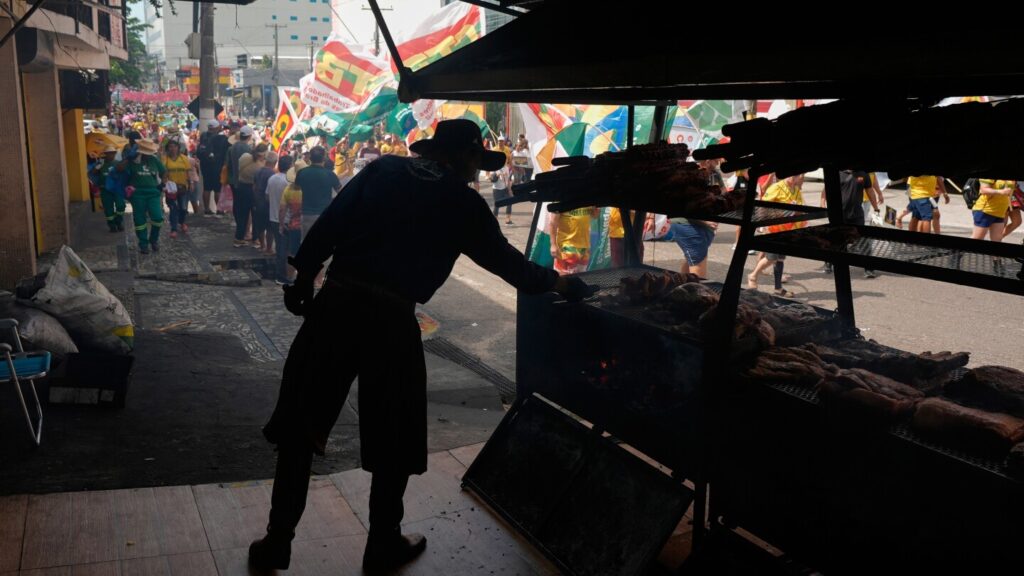The article highlights the focus of U.N. climate talks in Belém, Brazil, particularly regarding the role of agriculture in deforestation and global warming. Despite agriculture accounting for a significant portion of global emissions, the majority of climate funding does not target this sector. Activists and scientists are advocating for a shift towards a grassroots food system, distancing from the influence of large agricultural lobbyists, with over 300 present at the talks.
A new area called the “agrizone” at COP30 showcased innovative, low-carbon agricultural practices through immersive exhibits. However, discussions are complicated by the lack of representation for small-scale farmers, who feel overshadowed by corporate interests in the agricultural industry. Activists are pushing for recognition of indigenous practices, arguing that these traditional systems provide better solutions than industrial agriculture.
The article underscores the tension between the need for sustainable agriculture and the persisting dominance of industrial practices, calling for a more inclusive approach that considers the voices of those most affected by climate change.
Source link


